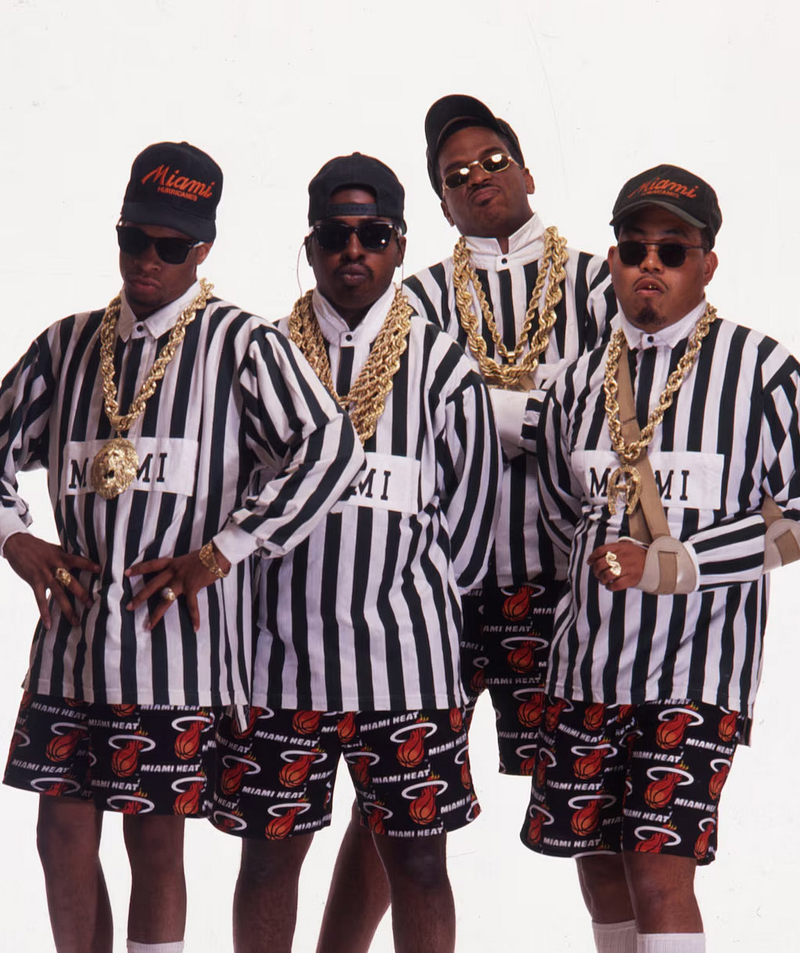
Florida gets a bad rap nowadays. Prior to 2020, it was always seen as a purple and ideologically amorphous entity that may or may not be culturally a different country if it were not geographically connected to the United States. Now, and especially after the 2022 midterm elections, it is seen as a figurehead for everything wrong with modern hard-right conservatism. There is the reality that many leaders of this new and weird bro-conservatism– defined by contrarianism and traditional values mixed with hypocritical personal debauchery–have followed former President Donald Trump down to the swamp lit up by vice city (i.e. NELK, Adin Ross and Peter Thiel). There have also been changes to Floridian daily life, from the Christian-Nationalist lean of public sexual education and book censorship to everything becoming a partisan matter; there is a referendum on whether to make school-district public officials run as party candidates rather than nonpartisan — what’s next, two-party system student government elections? But what many forget is that within Florida’s initial steps into American notoriety was a state that stood for liberal values of free discourse and discussion by way of its pop-culture relevance.
Luke Records v. Navarro (1992) was a watershed moment for not just hip-hop but the entire music industry. In what I imagine certain public officials would like to do throughout Floridian cities now, Broward County Sheriff Nick Navarro began a guerilla campaign of removing records from music stores that he saw as offensive to the public. Luther Campbell, a.k.a the hitmaker Uncle Luke, who was responsible for songs that I cannot write in this newspaper, rebutted that both Navarro’s claim of obscenity was incorrect, as well as that their music, regardless of how explicit it is, is protected by the 1st Amendment’s right to the freedom of speech. Sheriff Navarro had literally no counterargument, and Uncle Luke was permitted to continue selling the album in question, As Nasty As They Wanna Be (1989).
Luke’s presence in music’s canonical interactions with the ever-changing socio-political state of America did not stop there. The Parents Music Resource Center (PMRC), led by Mary “Tipper” Gore, was disgruntled with what they saw as certain artists’ subversively deviant behavior, where explicit content was hidden under the guise of their more agreeable public presentation. Consequently, the PMRC settled with the Recording Industry Association of America (RIAA) through U.S. Senate hearings to add the now ubiquitous “Parental Advisory/Explicit Content” black-and-white rectangle on music that ran afoul of certain regulations. While this ordeal was incited by Gore’s frustration with Prince’s music, the first album to don the label was Uncle Luke and his 2 Live Crew’s ironically-named Banned in the U.S.A (1990).
While the music industry is one of the freest markets in all of American capitalism now because of the granted accessibility to artists and listeners alike due to streaming, bureaucracy once muddled it. Creating an album or song was an action; you had to get it pressed onto vinyl, burned into CDs or even approved by Apple for iTunes. Therefore, it required a purpose; what was going to motivate someone to put themselves out there for not just company to judge, but for our country’s value and legal system to do the same? These are concerns that no longer have recognizable prominence and it is thanks to Uncle Luke carrying the 1st Amendment on his back for the sake of creatives everywhere. And with Uncle Luke having considered and then discarded the idea of running for Congress earlier this year, it was fitting that he felt a call to action. In spite of his home-state’s socio-political metamorphosis to the dark-side, Luke Skyywalker has time and time again tried to bring more light to the Sunshine State.
















